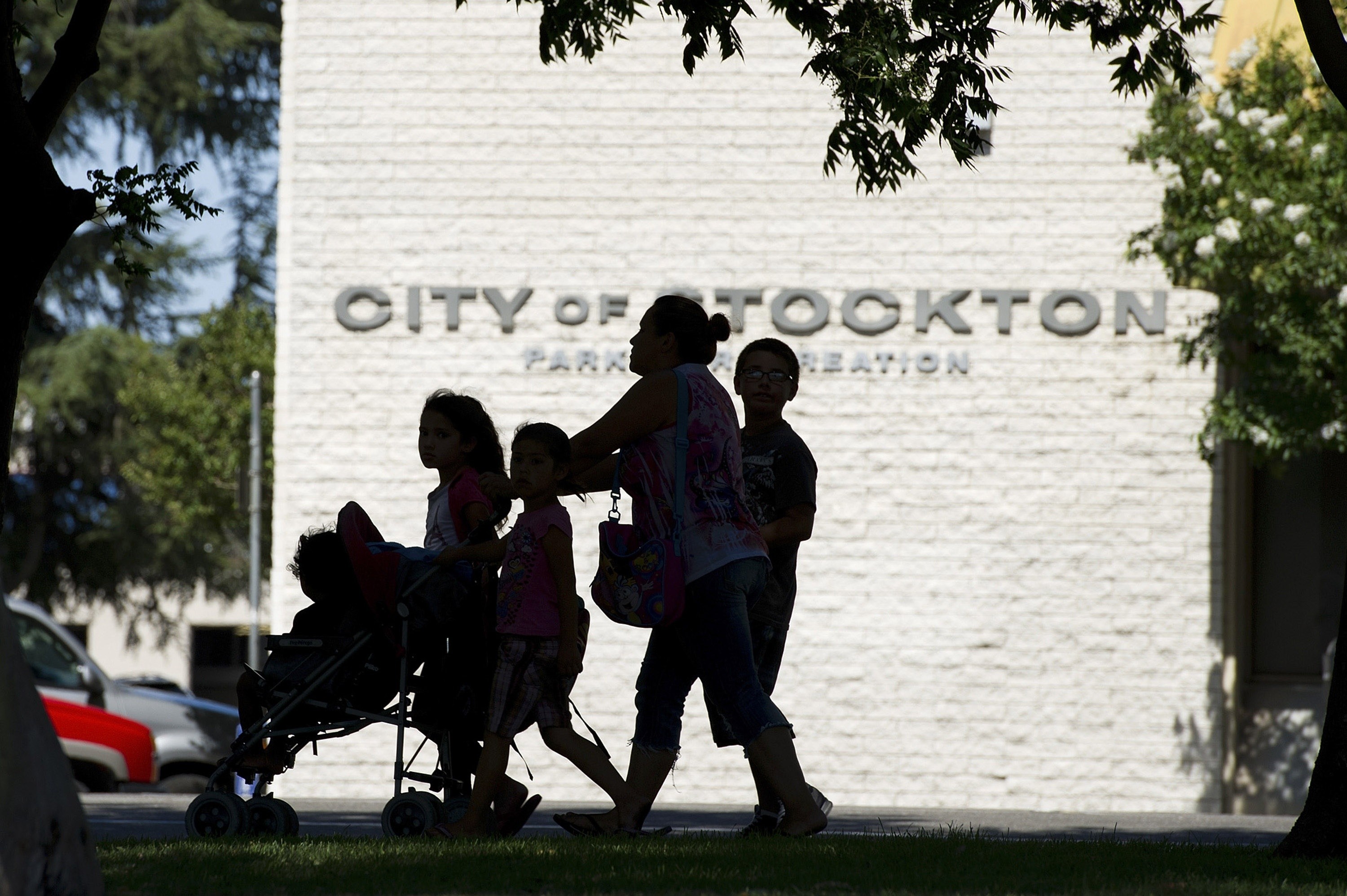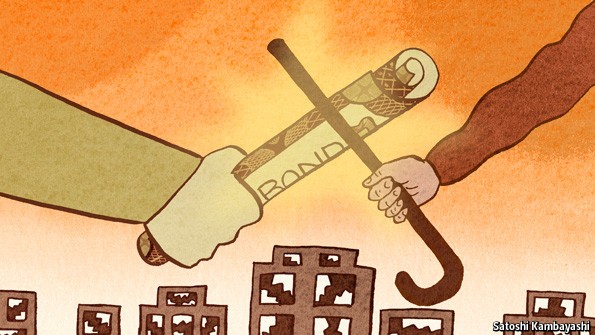Bondholders Losing Ground To Retirees In Muni Bankruptcies Income Investing
Post on: 16 Март, 2015 No Comment

By Michael Aneiro
As two of the biggest municipal bankruptcies are winding down, theyre leaving behind precedents for future cases that seem to increasingly benefit retirees at the expense of bondholders. A judge recently confirmed Stockton, Californias bankruptcy-exit plan. while Detroit is set to emerge this month from the largest-ever Chapter 9 filing. Historically, bondholder claims on any bankrupt municipal governments assets have been much stronger than pensioner claims, but thats been shifting somewhat. Municipal bankruptcy filings remain rare, and each case tends to be unique, but both of these recent cases seem to weaken the traditional standing of bondholders relative to retirees and anyone receiving public benefits.
Alan Schankel of Janney Montgomery Scott looks at the issue today:
Pension funding or lack thereof has become an increasingly urgent issue for municipal bond investors and analysts. If events of fiscal stress dictate a showdown between bondholders and workers/retirees over who gets payment priority, the resolution remains unclear. Although the bankruptcy judge overseeing Stockton’s case ruled in October that pension obligations could be impaired with federal bankruptcy law trumping state employment law, the city chose not to impair pensions, despite significant haircuts to bondholders, in one instance providing for recovery on bonds secured by leases on a golf course and parks of only 1%. Final payout for retirees in Detroit is subject to a fair amount of actuarial uncertainty, but unlike bondholders, they will benefit from contributions made by not only the state, but also many philanthropic institutions.
Matt Fabian of Municipal Market Advisors has a similar take today:

In Stockton—and in Detroit if its bankruptcy plan is approved—pensions have been treated as senior to bonded debt, albeit to varying degrees. The cities’ decisions on how to handle pensions in chapter 9 appear to be based more on practical and political considerations than on a legal mandate to preserve pensions more fully than other creditors. Similarly, and maybe even more troubling, is the elevation of OPEB to the same standing as some debt obligations. Consequently, pensions should be considered a priority obligation and OPEBs should no longer be considered a “lesser” obligation. Both demand to be formally factored into traditional credit analyst debt metrics and rating decisions.
Schankel notes that at least special revenue bonds have emerged in good shape in these two cases:
One class of debt to emerge from Stockton and Detroit relatively unscathed are bonds secured by specific revenues such as water and sewer bonds. The revenues backing these bonds (water and sewer bills from ratepayers) were not diverted and continue to support bonds, with no defaults in the case of either city, although Detroit did make a voluntary tender offer on much of its water and sewer debt.














